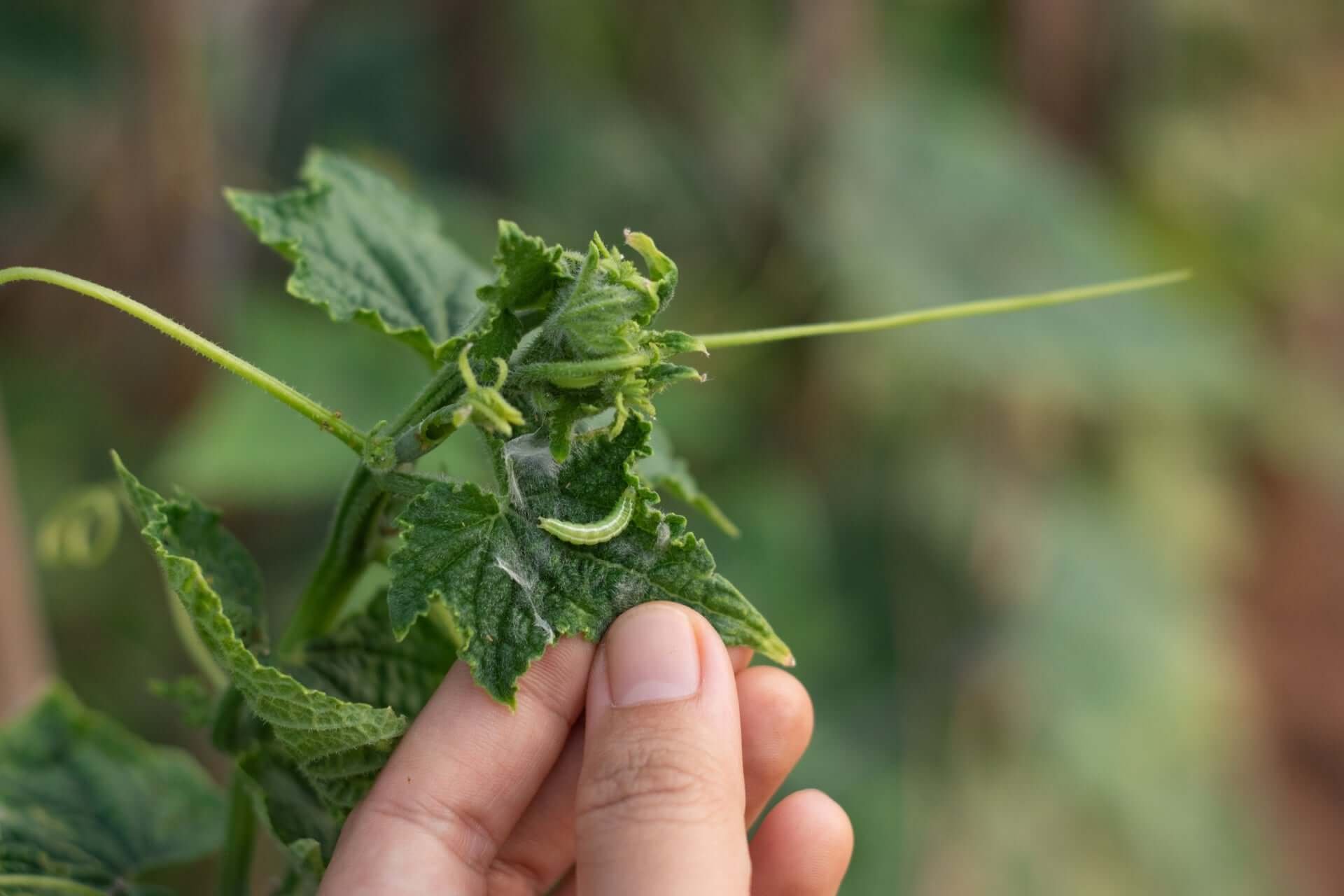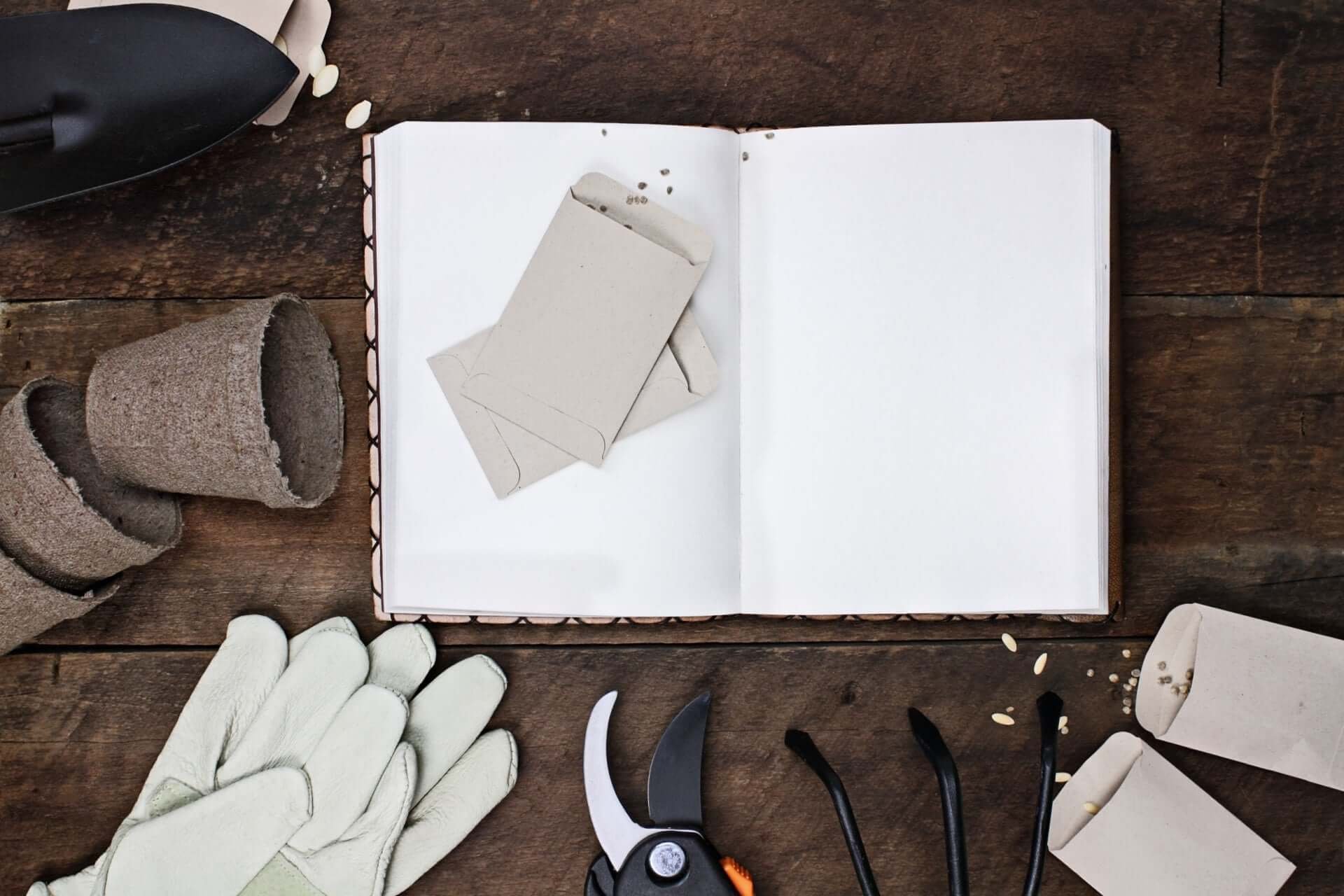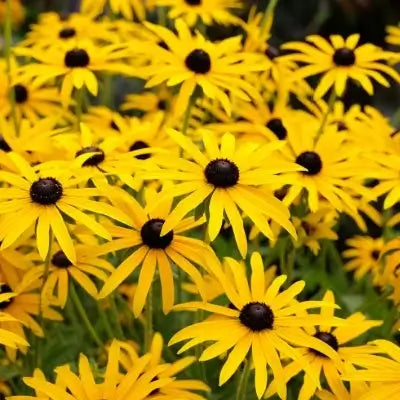Composting is an environmentally friendly option to get your trash removed. Composting is an option for organic waste management.
Composting is a simple, efficient way to defuse, fertilize the soil, and make the world a greener place. It is one that turns organic waste, from kitchen scraps to yard muck, into rich soil conditioners that will do wonders for your garden and the planet. Although many might believe composting to be a very technical activity, it is simple and can be tried by anyone.
The Basics of Composting
The very definition of composting is that which consists of organic waste naturally breaking down by microorganisms. Those microbes, bacteria, fungi and other microscopic organisms, reduce organic molecules to simpler ones, transforming them into a brown crumbly stuff, or compost. There is a name for compost called "black gold" because it is a rich source of nutrients that can improve the soils.
For the beginning composter, you only need three things: browns, greens, and water. Browns are carbon-based (dry leaves, straw, cardboard), and gardens are nitrogen-based (kitchen scraps, grass clippings, plant trimmings). The perfect compost pile has equal quantities of these two types - roughly in 2:1 browns: greens proportion. You need water so that the compost pile doesn't get wet (too much moisture will cause odors and slower decomposition).
Composting Methods
Composting has many different approaches, each with its pros and cons. Depending on your space, the amount of organic waste you produce, and how long you're willing to stick with the compost pile, it is hard to say which is best. Here are a few general composting procedures:
Backyard Composting: This is probably the oldest and most common method. You make a compost heap or put it in a bin out back. Layer your browns and greens, turning the bank from time to time to let it dry out and begin to decay faster. Backyard composting is a great option if you have a lot of yard space and would like to do some manual labor with your compost.
Vermicomposting: vermicomposting uses redworms to digest organic matter. We have a worm bin inside or out in the sheltered garden area, where the worms eat kitchen scraps and other organic material. This is especially great if you don't have lots of room outside or need to compost year-round.
Trench Composting: If you want to compost in a trench, dig one in your garden or yard and place your waste directly into the soil. Over time, the remains rot and feed the land. This practice can be used to upgrade soil in certain patches of your garden.
Bokashi Composting: Bokashi is a Japanese type of composting that breaks down organic materials through anaerobic fermentation. Particular bokashi bran is added to kitchen scraps in an airtight bag. : After a few weeks of fermentation, the pre-compost can be poured on top of an old-fashioned compost pile or dug into the soil. Bokashi composting is odorless and small-scale.
Communal or City-Based Composting: Some communities or cities provide central composting. Residents can put their kitchen scraps and yard waste into bins and it's shredded at a larger compost plant. This is easy for those who don't want to compost at home or don't have the space to do so.
Tips for Easy Composting
Whatever process you go with, here are some general recommendations and best practices to make composting a simple and easy process:
Balanced Compost: Keep the proportions of browns and greens in your compost pile equal so it breaks down efficiently. Your bank will become noxious and crowded with pests if you have fewer gardens. The more browns you have, the more slowly they decay.
Cut or Grind: Thinner pieces of living matter digest faster. Cut or shred kitchen scraps and other large objects and toss them in the compost pile.
Fertilization: Turn or aerate your compost heap regularly to give it fresh oxygen to do the microbes a better job. For this, you can use a pitchfork or compost-turner.
Keep Compost Dry: Leave your compost pile damp, like a squeezed sponge. The more it is dehydrated, the slower it will decay, and the more wet it becomes, the worse it smells and bugs can appear.
Don't Compost Certain Materials: Although most organic materials can be composted, there are some that you should not compost, like meat, dairy products, and dog dung that attract rodents and smell bad. Nor should diseased or pest-ridden plants.
Browns & Greens Layering: Layering browns and greens is a good way to keep the balance of your compost pile. : Begin with browns, then greens and then repeat.
Be patient: Composting happens naturally, and it takes time. Your compost might mature between months and a year, depending on the type of process you use. Don't get too worked up yet and let it take its course.
Benefits of Composting
There are numerous advantages of composting for people and for the planet. There are some good reasons to get on board with this eco-friendly trend:
Minimization of Waste: Composting takes organic waste away from the landfill, alleviating strain on overburdened landfills. Organic material in landfills creates methane, which is a powerful greenhouse gas, but composting counteracts this.
- Nutrient-rich soil: Completed compost is a valuable soil conditioner that will help in building up soil structure, drainage and drainage. It also offers plants essential nutrients, so no need for chemical fertilisers.
Poorer Soil Erosion: Healthy, composted soils are less eroded, protecting the soil from erosion and contamination.
Reduction of Resource Use: Composting conserves natural resources by recirculating organic matter back into the environment and eliminates energy-hungry operations such as waste burning and the production of chemical fertilizers.
Cost savings: You save yourself money in the long run by not having to buy commercial soil conditioners and fertilizers to make your compost.
More Healthy Plants: Plants tended to grow healthier, less pesticide and disease tolerant and with higher yields when planted in soil rich in compost.
Community Building: Composting can create a community because neighbors share compost bins and expertise and work towards the same purpose of sustainability.
Troubleshooting Common Composting Issues While composting is generally simple, sometimes there are problems. These are some of the issues that are most frequently found and how to solve them:
Poop smell: Poop smell can be caused by a damp or unlevel pile. Don't over aerate, don't overly brown things (to catch moisture), and don't add smelling stuff like meat or dairy.
Flies or rodents: Flies and rodents can attract to your compost pile if it is rich in meat, dairy or oily food. Don't put these stuff in and use a compost bin for the pests.
Slow Composting: If your compost pile has a slow decomposition time, add more greens, water, or aeration. Just right the chemical balance and give the microbes a home.
Weeds in Compost: Not all weed seeds will compost well. Keep your compost pile high enough (higher than 140°F or 60°C) to destroy the seeds of weeds in your garden so they don't grow in your garden.
Unwanted Plants: There are sometimes volunteer plants or vegetables that pop up in your compost. These can be removed or moved to your garden.
Composting is a cheap and simple way for both individuals and organizations to dispose of less, fertilize the land, and ensure a more sustainable future. It is really not that hard to compost if you know what to do and stick to best practices.
You're composting in your garden, vermicomposting in your home, or working with a local composting initiative, so you're helping the planet and making a massive dent in your ecological footprint. If you use composting, you make healthier soil for your garden and you are saving the planet for our descendants. So grab your hands dirty, get your nutrient dense, and get composting today - it's a green adventure well worth taking.











































































































